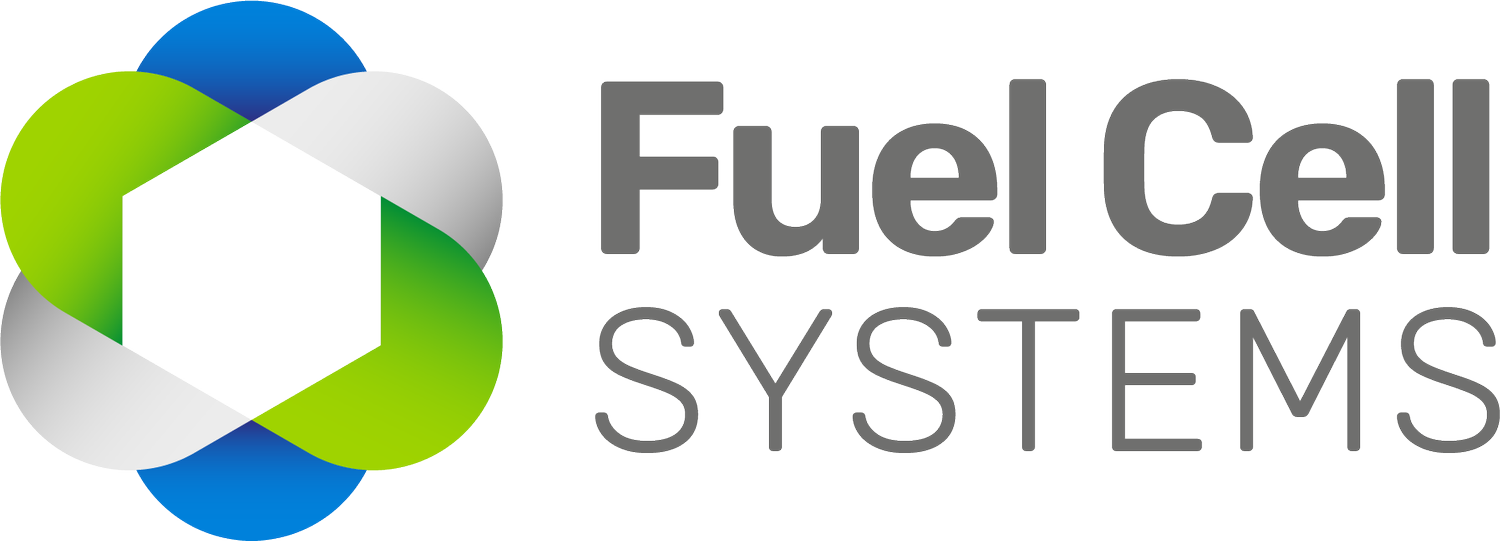Fuel Cell Systems’ Hydrogen Refuelling Station at Toyota GB manufacturing plant: A Model of Practicality and Efficiency
FCSL’s HyQube 500 refuelling Toyota Hilux
Design and Integration:
At the core of Toyota's manufacturing facility lies Fuel Cell Systems’ hydrogen refuelling station. This meticulously designed station seamlessly integrates key components, notably electrolysis-based hydrogen production, storage, and refuelling systems. FCSL’s intuitive control systems ensure safe and easy refuelling for various types of vehicles, while its user-friendly touch screen interface simplifies operation.
Installation and Implementation:
FCSL orchestrated the installation process, utilising in-house resources and collaborating with Hydrasun technicians. Customised to meet Toyota's specific requirements, the station’s design prioritised functionality without sacrificing aesthetics, with connections discretely integrated to preserve the site’s visual appeal. Safety features such as unobstructive bollards, were incorporated to maintain accessibility while upholding security standards.
Hydrogen Production and Refuelling:
The station provides evidence of the effectiveness and reliability of the entire hydrogen process, from renewable power production to vehicle refuelling. Fuel Cell System’s HyQube 500 is the backbone operation of this hydrogen infrastructure. Green hydrogen is generated on-site through electrolysis using FCSL’ 10ft electrolyser container, HyPro. This hydrogen then undergoes compression, storage and eventually dispensing into a variety of vehicles, notably Toyota's Mirai, buses, forklifts, and the Hilux pickup truck prototype. Additionally, the station accommodates a Toyota/EODev fuel cell generator, showcasing its versatility and adaptability.
Fuel Cell Systems’ years of experience in the hydrogen industry proved invaluable in addressing concerns among facility teams and health and safety managers. Thorough risk assessments and method statements, coupled with adherence to industry best practices, instilled confidence in the station safety and reliability, earning FCSL recognition for its pragmatic approach.
A Model for the Future:
The success of the Toyota installation sets a precedent for similar initiatives, highlighting the feasibility and practicality of hydrogen solutions. Serving as a model for similar projects, it shows the viability and benefits of hydrogen technology in driving sustainable solutions beyond Toyota premises.
Conclusion:
Overall, the collaboration between Toyota and Fuel Cell Systems signifies a significant stride towards sustainable mobility. Through pragmatic innovation, expertise and shared commitment to environmental stewardship, FCSL has played a major role in transforming Toyota's manufacturing plant into a beacon of clean energy solutions. This case study highlights the transformative potential of hydrogen technology and emphasises the importance of practical collaboration in shaping a greener, more sustainable future.


